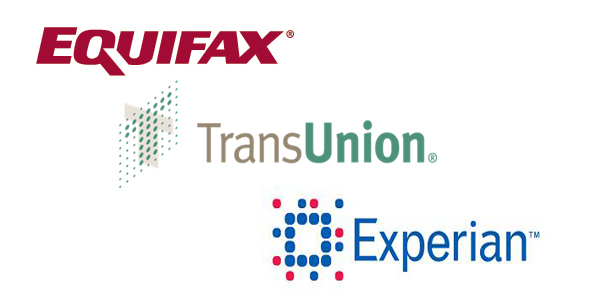Reporting a consumer’s debt to a consumer reporting agency (CRA) is one method of debt collection that can help keep your business running. But not all debt is reportable and some information cannot be reported by law under the Fair Credit Reporting Act and the newer National Consumer Assistance Plan (NCAP).
As you know, the three major credit agencies (CRAs) are TransUnion, Experian, and Equifax. The NCAP was launched in March 2015, with full implementation expected by March 2018.
What You Can Report
Under the NCAP and the FCRA, businesses can report information to the credit agencies about consumer debts if they arose from a contract or an agreement to pay, such as a fine. Medical debts now have a 180-day waiting period.
Accounts placed in collections may be reported, but to place a debt “in collections,” the creditor must forward it to an internal or external debt collector. A “past due” notice sent to the consumer does not mean the account is “in collections.” However, if a collection letter is sent to the consumer or other collection efforts are underway, the account is considered to be in collections.
Time Limits
The business must share the date the bill became past due. The debt is then allowed to remain for seven years. That seven-year reporting period begins 180 days after delinquency. At the end of that timeframe, the debt is removed from the person’s credit report. If the debt ownership changes hands, the debt must still be removed seven years and 180 days from the original date.
More Information
The laws specify several other situations and explain restrictions on what can and cannot be reported. ACA International has valuable resources for your company on staying compliant when reporting to CRAs. Or, contact us for more information on how we can help.



